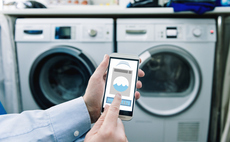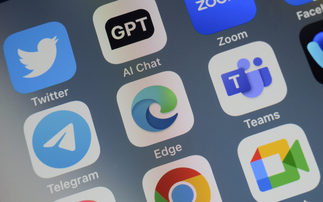Experts react to claims that Internet of Things devices are beginning to run amok
Samsung has admitted that its voice-activated Smart televisions may be able to record sensitive information from users, while fresh fears have arisen that security weaknesses in Internet of Things-...
To continue reading this article...
Join Computing
- Unlimited access to real-time news, analysis and opinion from the technology industry
- Receive important and breaking news in our daily newsletter
- Be the first to hear about our events and awards programmes
- Join live member only interviews with IT leaders at the ‘IT Lounge’; your chance to ask your burning tech questions and have them answered
- Access to the Computing Delta hub providing market intelligence and research
- Receive our members-only newsletter with exclusive opinion pieces from senior IT Leaders






















